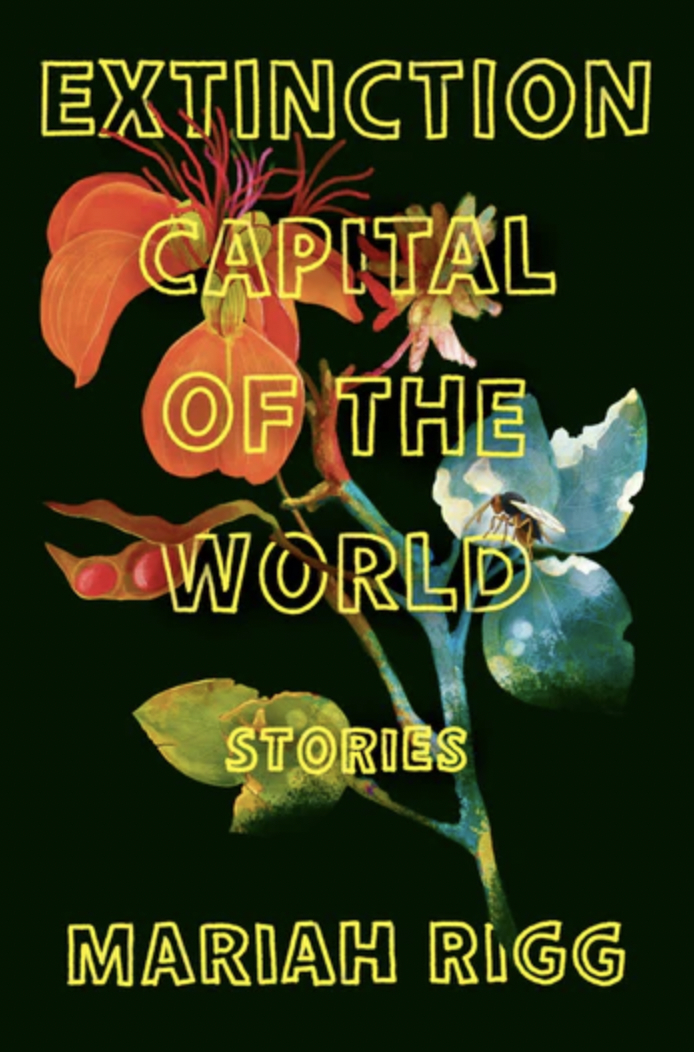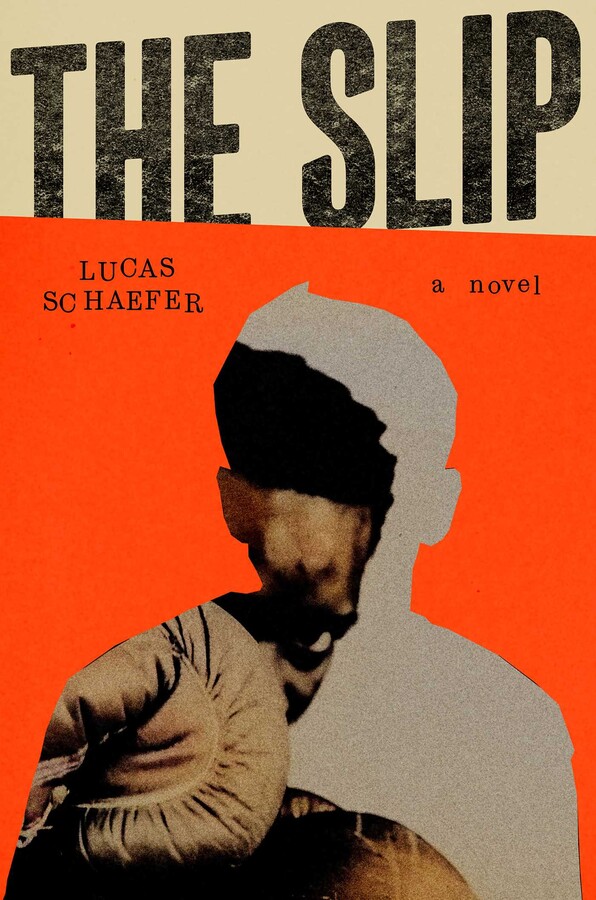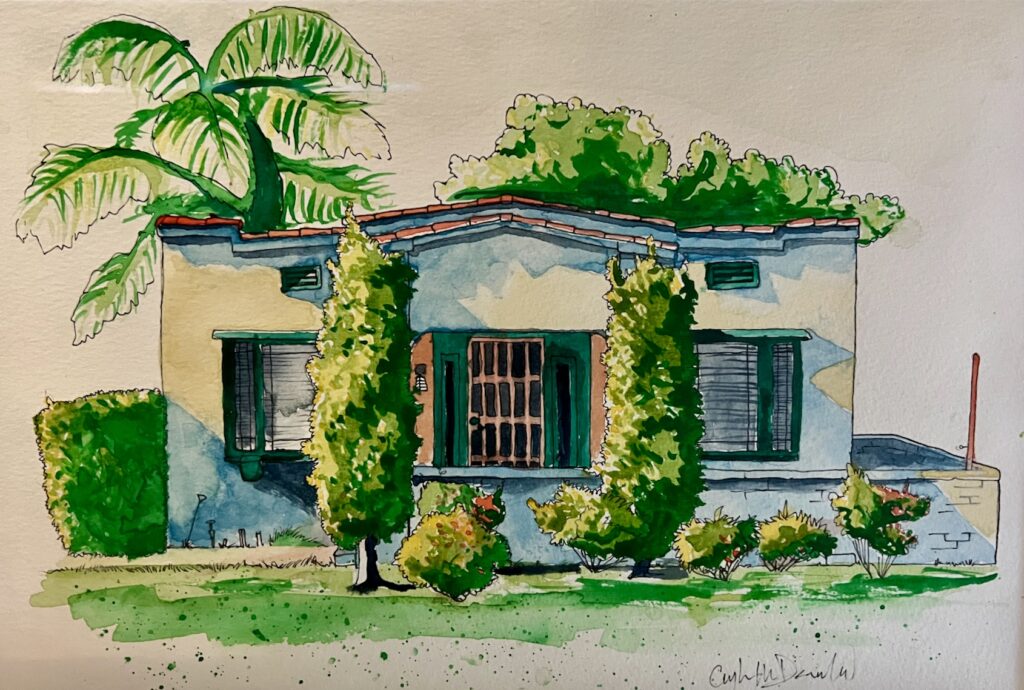Translated by LOURDES CONTRERAS AND JULIA PELOSI-THORPE
Piece appears below in English and the original Italian.
Co-translating Marzia Grillo’s captivating short fiction “The Swan” (“Il cigno”) into English from Italian was an experimental process in which drafts ricocheted between the two of us over many months. This is in some ways typical for our collaboration… but, as we transform each piece, our approach morphs in fun directions, contingent on the fabric of our lives in a given moment. With “The Swan,” Julia fell in love with Grillo’s debut short story collection, The Sun’s Point of View (Il punto di vista del sole) in a Venetian bookstore and mocked up first and second versions on several high-velocity Italian trains in early 2022. Then, the project lapsed. Later that year, she and Lourdes met, were enchanted by one another, decided to co-translate, and Lourdes revived Julia’s draft. “The Swan” takes the reader into the middle of a lake in Lazio one afternoon, where, on a pedalo, a man proposes marriage for the nineteenth time to his unwilling girlfriend. The story is the first of the thirteen works of creative autofiction that make up the loving, disturbing world of The Sun’s Point of View. In a nexus of scenes across Grillo’s Rome, her immersive prose vivifies tormented characters who are moved deeply to desire (and destroy) themselves and others. As real and imagined figures fight for secure understandings of a reality that is suffused by a constant fog of instability, we the translators relish the challenge to locate in English what we can of the dark sparkle of Grillo’s dialogue, twisted narrative arcs, the emotional impetus of their intrigues, and their web of thematic resonances.
— Lourdes Contreras and Julia Pelosi-Thorpe











